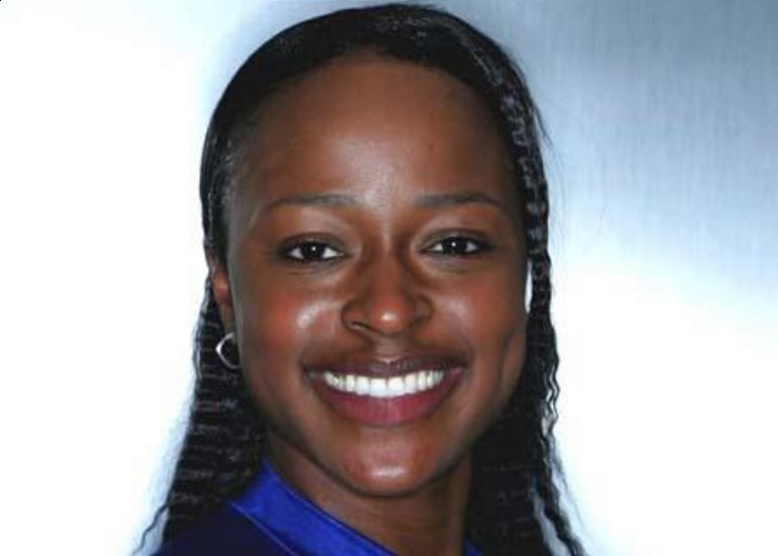
Times staff report
The AT&T Alabama African-American History Calendar has been highlighting the achievements of the state’s best and brightest since 2011. It highlights the achievements of 12 notable Alabamians for a calendar year. Here is a listing of honorees who have had a compelling impact on Alabama and beyond, with the year they have appeared on the calendar.
Dora Finley (2016)
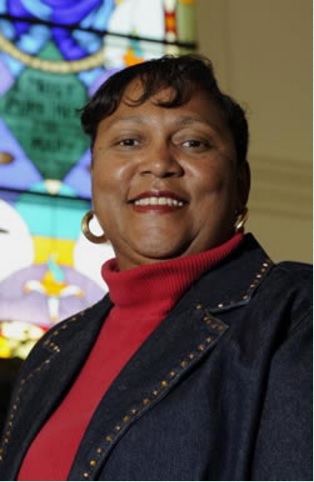
Mobile, Ala., native Dora Finely was a civil rights activist who participated in the Neighborhood Organized Workers (NOW) marches, standing up to intolerance and advocating for equality. She and her mother were the first to teach black history in Mobile public schools. In 2006, Finley helped establish the African-American Heritage Trail. And in 2011, she began work to restore the Cook’s House, the detached kitchen and servants’ quarters located on the Oakleigh Historic Complex and most likely one of the last remaining structures associated with Union Occupation and Emancipation in Mobile. Due to an illness, Finley passed away on June 8, 2012, before restoration had begun on the project.
James Finley Sr. (2017)
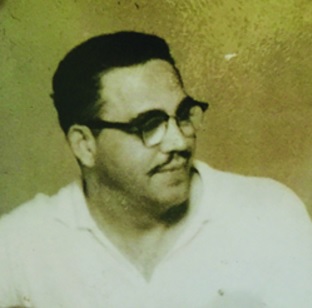
Mobile, Ala.’s, James Finley Sr. owned and operated the first chain of African-American drug stores in the state of Alabama. He was also vice president of the Neighborhood Organized Workers (NOW), a grassroots organization that utilized the Rev. Dr. Martin Luther King’s nonviolent strategies of boycotting, picketing, and marching. Finley and NOW leadership were plaintiffs in the landmark lawsuit that led to the dismantling of at-large local elections in Mobile, which were used to ensure that no black nominee would be elected.
Autherine Lucy Foster (2017)

Shiloh, Ala., native Autherine Lucy Foster was the first African-American to enroll at the University of Alabama after a three-year court battle, though violent protests on campus led to her expulsion after only two days. In 1988, the University of Alabama’s Board of Trustees voted to overturn its expulsion of Lucy; she enrolled and received her master’s degree in education in 1992. The university has named an endowed scholarship after her and placed her portrait in the Ferguson Center on campus.
Vonetta Flowers (2011)
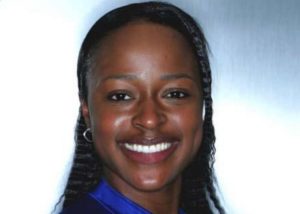
Birmingham, Ala.’s, Vonetta Flowers made Olympics history by becoming the first person of African descent from any country, male or female, to win a gold medal in the Winter Olympics. Flowers graduated from the University of Alabama at Birmingham as one of the university’s most decorated athletes, earning 35 conference titles, as well as wins in the Penn Relays and during the Olympic Festival, becoming its first seven-time All-American. Flowers failed to make the 1996 and 2000 Summer Olympics teams, but as a member of the U.S. bobsled team she became the number-one brake woman in the U.S. By the end of her rookie season, she and teammate Bonny Warner were ranked second in the country and third in the world. A year later, Flowers and her new partner, Jill Bakken, won gold at the inaugural Women’s Olympic bobsled event, the first medal for a U.S. bobsled team in 46 years.
Dr. James Alexander Franklin Sr. (2017)
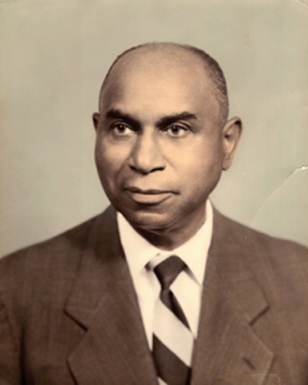
Dr. James Alexander Franklin Sr., was an African-American doctor practicing in the segregated South. After serving in World War I, Franklin and his wife settled in Evergreen, Ala., in 1915. He was run out of Evergreen in 1919, after attending to a poor white farming family. The family bought Franklin and his family tickets to Plateau, Ala., also known as “Africa Town,” the home of the last known illegal shipment of slaves brought to the United States. Franklin began his practice nearly penniless, but by 1954 Ebony magazine had named him “The South’s Richest Negro Doctor,” due to his two large office buildings, 17 houses, several vacant lots, and drug stores. His 13-room home still stands today as historical landmark and part of the Dora Franklin Finley African American Heritage Trail (named for his late granddaughter). Franklin’s home became a safe haven for African-Americans traveling in the South, including dignitaries like Illinois Congressman Oscar DePriest; actors Paul Robeson and Dorothy Dandridge; opera singer Marion Anderson; and baseball legend Jackie Robinson.
Arthur George “A.G.” Gaston (2012)
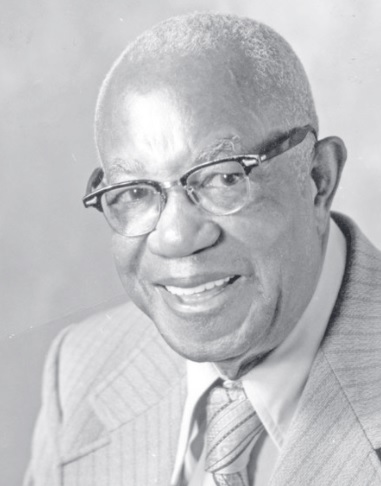
A.G. Gaston was one of the most prominent businessmen in Birmingham, Ala. Born in Demopolis, Ala., in 1892, Gaston opened the Booker T. Washington Burial Society to help make funerals more affordable for African-Americans. He also established the Booker T. Washington Insurance Co., which offered life, health, accident, and burial insurance along with undertaking, casket manufacturing, and burial plot sales. Gaston’s other businesses included the Vulcan Realty and Investment Co., the A.G. Gaston Home for Senior Citizens, WENN-FM, WAGG-AM, and S & G Public Relations Co. He also founded the A.G. Gaston Motel, which hosted countless leaders of the 1960s Birmingham civil rights movement; the Booker T. Washington Business College to help educate black clerks and typists, and Citizens Federal Savings and Loan Association, the first black-owned financial institution in Birmingham since Alabama Penny Savings Bank 40 years earlier. One of Gaston’s last companies was the A.G. Gaston Construction Company, founded in 1984.
#BlackHistoryMonth: Notable black Alabamians will be updated throughout the remainder of February. Read Part One, Part Two, Part Three, Part Four




